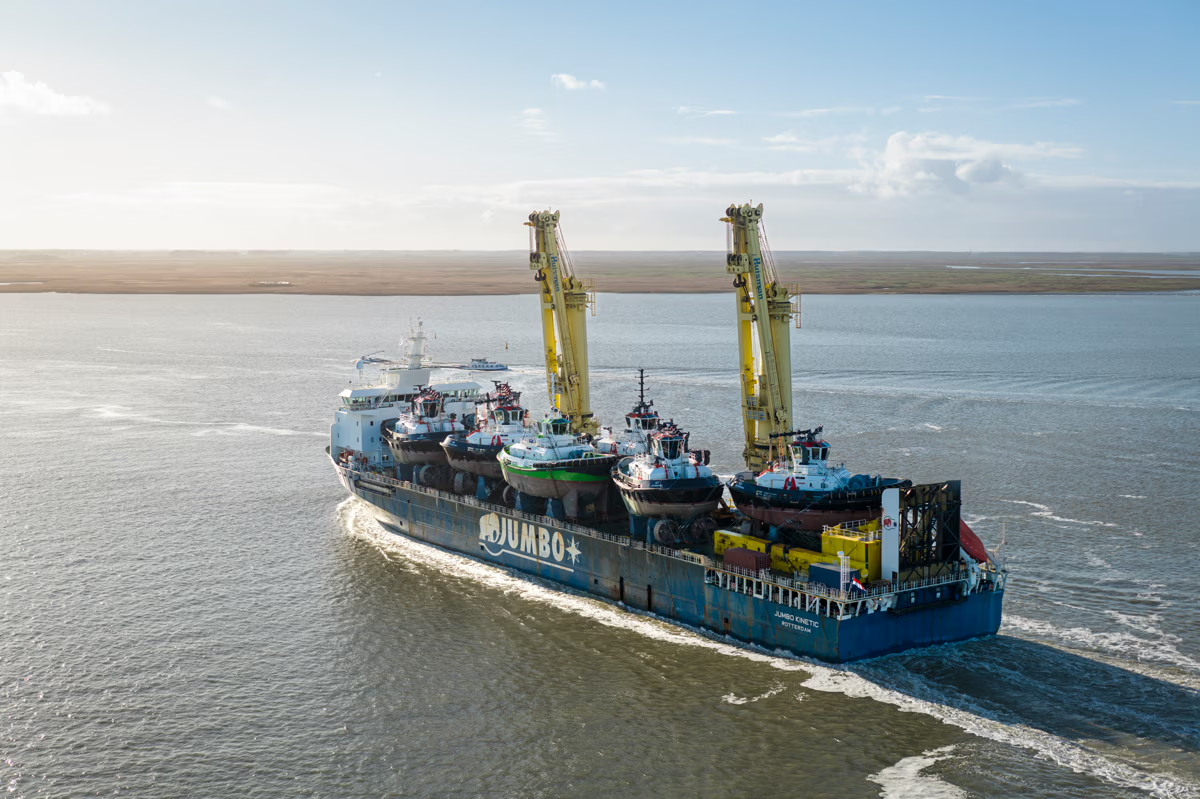 According toThe National, shipping industry has focused on gas for investment.Gas carriers cornered the largest chunk of global shipping investment last year since 2005, just as the profits to be made from shipping liquefied natural gas are falling to their lowest in almost two years.
According toThe National, shipping industry has focused on gas for investment.Gas carriers cornered the largest chunk of global shipping investment last year since 2005, just as the profits to be made from shipping liquefied natural gas are falling to their lowest in almost two years.
According to Clarkson, the world’s largest shipbroker, ship owners spent US$9.1 billion on orders for vessels to haul liquefied natural gas (LNG) and liquefied petroleum gases, equal to 10 per cent of total cash spent on building ships last year. And in the first four months of this year, $3.3bn was invested in gas ships out of $21.9bn in total, the report state
The figures come as daily earnings for gas carriers fell 6.3 per cent last week to $89,000, the lowest since June 2011, according to data from Fearnley LNG, the Oslo-based shipbrokers. Rates have fallen 41 per cent since a high of $150,000 last June, Fearnley reported.
LNG carrier rates reached a record last year as Japan, the biggest LNG importer, accelerated buying to compensate for its nuclear power plants closing after the Fukushima disaster in April 2011. All but two of its 50 plants remain shut down.
The profitability of LNG tankers had been in contrast with most of the rest of the shipping industry, which is enduring a glut after owners ordered too many vessels when cargo rates generally surged in 2007 and 2008.
The Baltic Dry Index, a measure of the cost of hauling coal and iron ore, plunged 60 per cent last year and the Baltic Dirty Tanker Index, reflecting rates for ships carrying oil, tumbled 18 per cent.
The current slump in LNG rates has been caused by cuts in production, particularly in Africa.
Nigerian production cuts have freed 10 vessels, Egypt is reducing cargoes to eight this year from 70, and maintenance in Norway gasfields will remove 70 more cargoes this year, according to Herman Hildan, an Oslo-based analyst at the investment-banking unit of Norway’s largest shipbroker, RS Platou Markets.
A new facility in Angola expected to supply as many as 90 cargoes a year is delayed, with the seven vessels dedicated to the project adding to competition for spot cargoes.
“Low cargo availability is dampening the spot market currently,” Mr Hildan said. “For spot market LNG rates to strengthen we believe the key is normalisation of Nigerian production by mid-March as some industry sources expect and successful start-up in Angola during the summer.”
Owners will probably hold off ordering more ships for now because about 40 per cent of those already scheduled to be built at yards lack charters, Clarkson says. That means there is no certainty they will secure business once they are completed.
Source: The National, David Black


























































